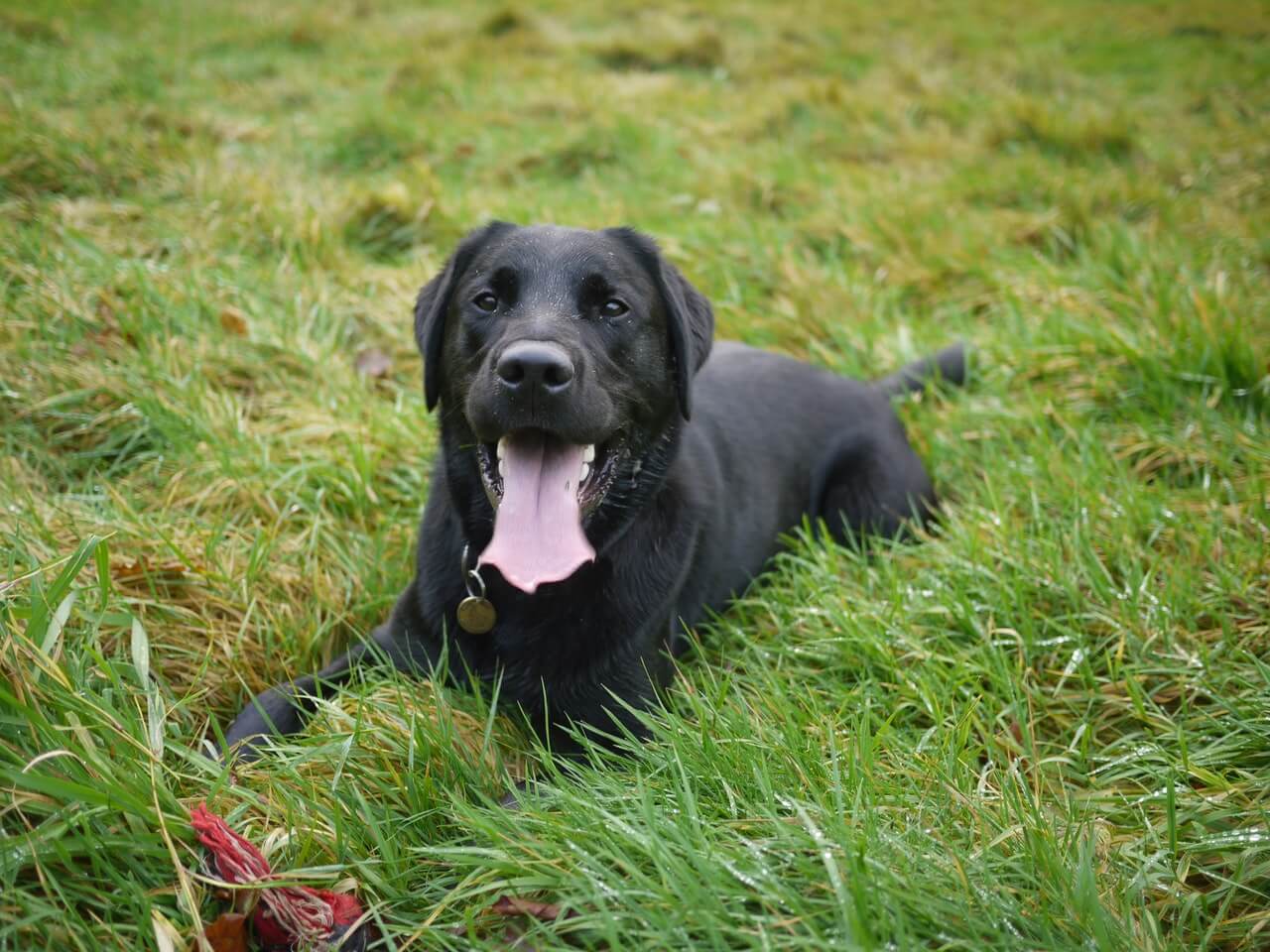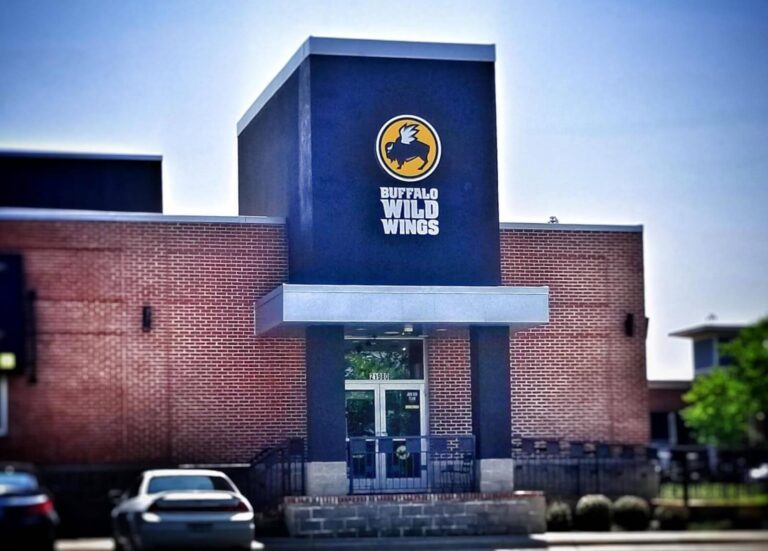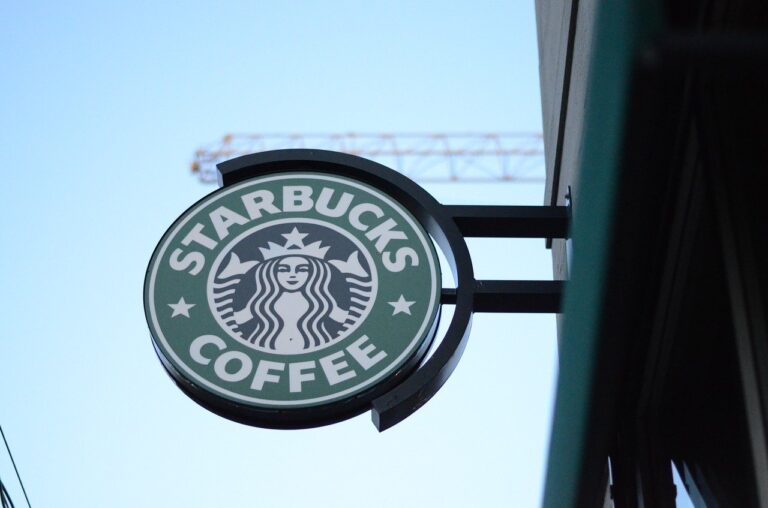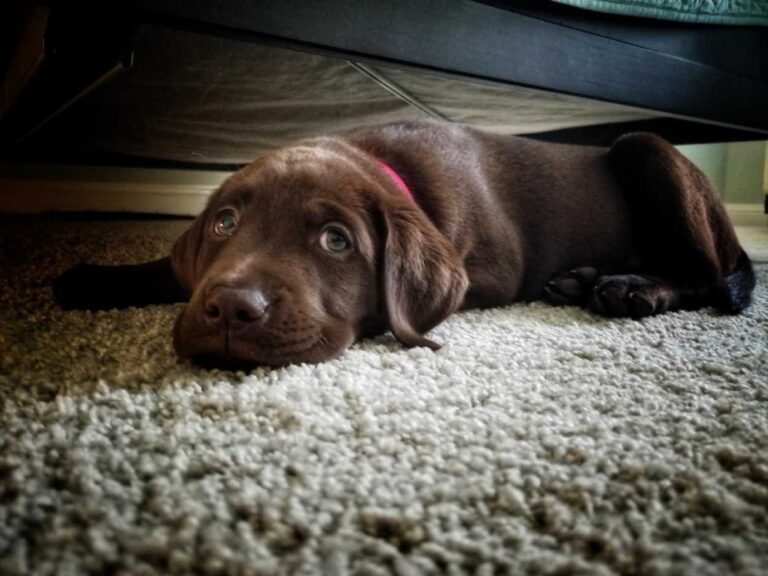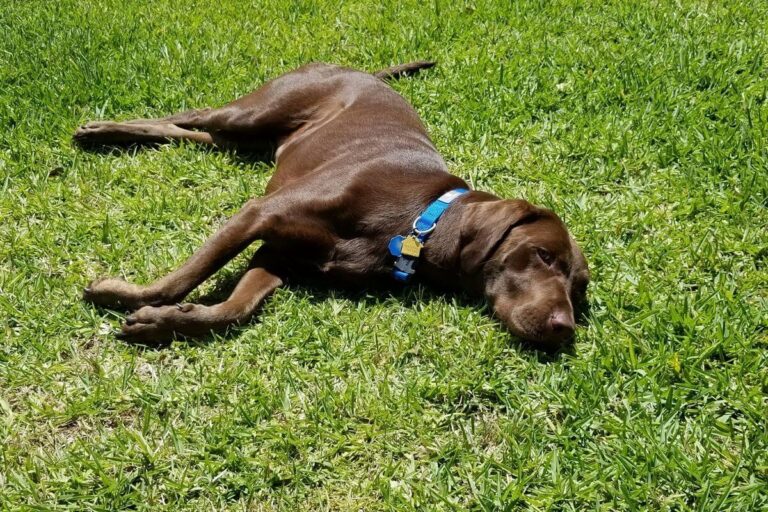Sometimes dogs will demonstrate quirky or unusual behavior, and this includes eating and chewing on things you don’t necessarily want them to.
Labs are excellent retrievers bred to carry things in their mouths, which is viewed as a positive trait. But sometimes your Lab might be eating things you may not want them to, including grass, and you might be wondering the cause of this.
Why do Labradors eat grass? There can be a few reasons why your Lab is eating grass: boredom, an upset digestive system, excitability, or stress/anxiety can all be possible causes.
We’ll go over more about each possible cause below, what effects you might see in your Lab, and also suggest some ways you can keep your dog occupied and away from eating grass in the future.
(This article may contain affiliate links. As an Amazon Associate I earn from qualifying purchases. Learn more)
Boredom
Labradors are a highly intelligent dog breed, one of the top 10 overall smartest dog breeds. Because of their high intelligence, Labs can get bored easily and go looking for a little bit of mischief to entertain themselves.
As many Labrador pros know, Labs can be resourceful, adventurous, and creative at finding ways to destroy things or cure their boredom through eating something interesting around them.
As Labs are a very “mouthy” breed, trained and bred for several hundred years to use their mouths for hunting birds and retrieving game, they are conditioned to carry toys and other objects in their mouths, and this may include other items in your home or yard.
Outside, you may see your Lab eat or carry grass, rocks, sticks, leaves, mulch, or any other yard products they might come across with enthusiasm.
Your Lab might be eating grass outside while trying to overcome boredom or find something mentally stimulating. They may not have access to any of their dog toys and may be bored and looking for something to do.
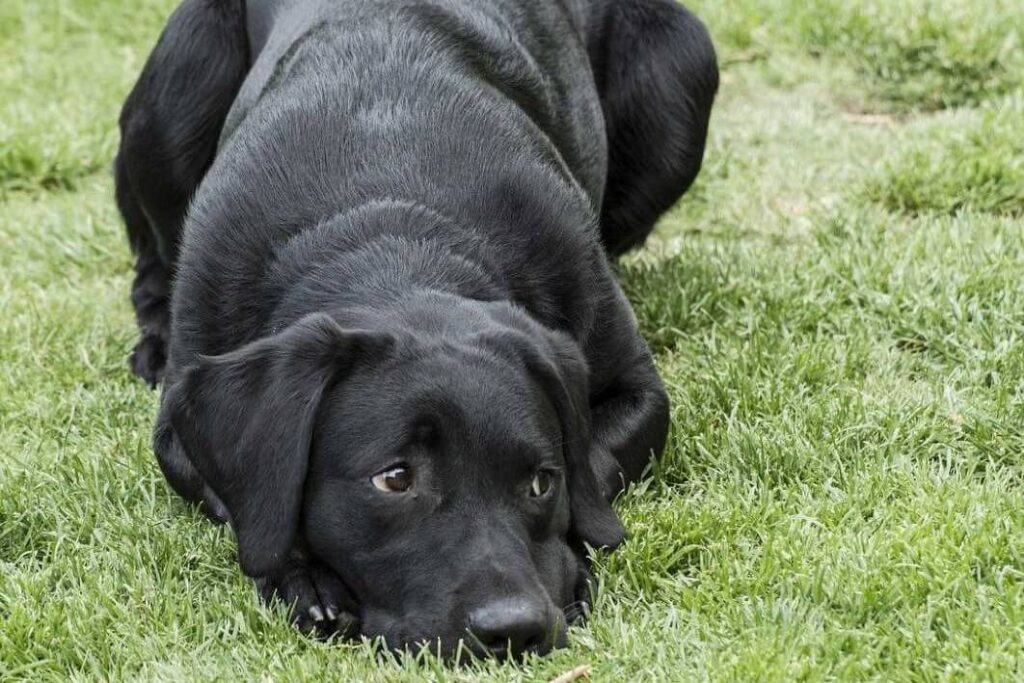
An Upset Digestive System
Another possible cause of grass eating in Labradors is an upset digestive system. Sometimes dogs that aren’t feeling well will act in ways that seem strange to people, but make sense to dogs that are trying to help themselves overcome an illness or physical problem.
Your dog might be having some digestive issues, and eating grass can sometimes make your dog vomit. If your dog feels ill, they may deliberately seek out grass to eat to make themselves throw up in an attempt to feel better.
You should consult your veterinarian any time you notice signs that your dog isn’t feeling well or acting like themselves.
It’s important to call your vet if you notice anything out of the ordinary or see unusual behavior from your dog, especially if they are not eating, drinking water, are vomiting, or appear lethargic.
If you’re not sure what to do, call your vet’s office and run your Lab’s symptoms by one of their vets or vet techs over the phone for their advice on what to do next.
Excitability
Labradors are a very playful, energetic, and athletic breed of dog, and are known for extreme enthusiasm and excitability.
Your Lab might eat grass because they are so excited to be playing outside and may have a bit of an impulse-control problem, as some Labradors do!
Labs are generally bred to be extremely active, occasionally bordering on hyperactivity, especially if they haven’t received enough physical activity in a typical day. A sudden change in location or activity level can cause extreme happiness and excitability in Labradors.
You might see your dog roll around in the grass and grab some grass in their mouth to eat at the park when they become extremely excited while playing with other dogs.
We have one Lab that will grab grass in her mouth and chase another Labrador with it, just out of sheer enjoyment and excitement.
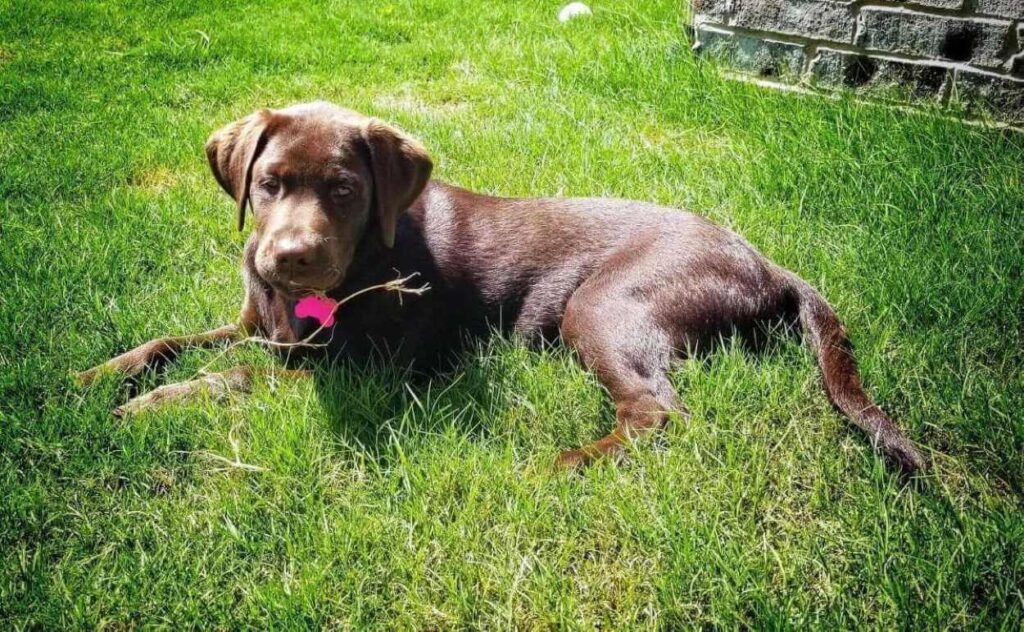
Other exciting events such as visiting the dog park or playing in the water, such as a lake or pond, can also cause excitability and “mouthy behavior” from your dog. You may see your Lab eating grass at those times, especially if this is a change from the normal routine of a typical day.
Your Lab may also eat grass as a side effect of having an outbreak of the Dog Zoomies, which is a sudden and uncontrolled burst of energy coming from your Labrador.
Dog excitability can also be caused by food or treats, especially if they have a special treat such as the Starbucks Puppuccino for dogs.
Any kind of exciting event outdoors can cause your Lab to reach for something nearby to put in their mouths out of habit, so you might see grass-eating occurring for this reason.
Stress/Anxiety
Another possible cause of why your Labrador is eating grass can be because they are responding to stress and anxiety around them. Something in their environment could be causing them to feel upset, fearful, or anxious, and they can sometimes decide to cope by eating something nearby.
Events that can cause stress or anxiety in Labradors can be things such as fireworks, thunderstorms, aggressive other dogs, unfriendly people, or loneliness.
Labradors love their people and thrive on being connected members of the family, especially with kids. They may experience separation anxiety when their humans are gone for long periods of time and may respond by eating things in the home or the yard when they are left.
If you leave your Labrador unattended in the yard, and there is a thunderstorm, or an aggressive neighbor dog, or they experience separation anxiety, you might see your Lab eating many things out of your yard (including grass) as a way to cope with being upset.
Though Labs love to play outside, we recommend they be primarily inside dogs, and we don’t recommend you let them live entirely outside. This is not only because of the physical effects it could have, such as severe weather and temperature changes, but because Labs thrive on human interaction and bond with their people.
Effects of Your Lab Eating Grass
What happens when your Labrador eats grass?
You might notice your dog vomiting after eating grass, which we mentioned as a common reaction above in the section about digestive issues.
Another possible outcome is that your dog might have no reaction to eating grass, and simply continue along with their normal behavior.
If you have any concerns about your dog eating grass, please call your veterinarian’s office right away, as they are the experts on your particular dog. Sometimes dogs will have medical issues that need attention, and your quick response can help your dog recover faster if there happens to be a problem.
If your Labrador is prone to eating grass, be aware they might also eat other harmful objects or plants found outside in addition to grass, which could be poisonous or toxic to dogs, such as avocados.
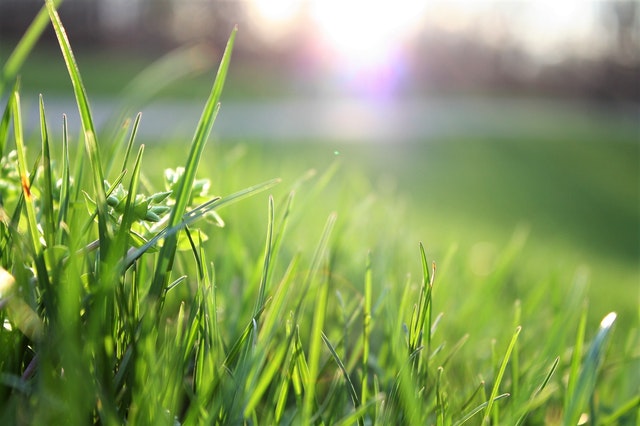
Certain other plants such as oleander, poinsettia, and English Ivy can be dangerous for dogs, and it’s important to also keep your dog away from them. It’s especially important to be vigilant around the holidays to keep your pets away from dangerous items.
Sometimes there can also be chemicals sprayed onto treated grass, such as fertilizer or pest control, so please be careful about your dog’s surroundings, and report any concerns to your vet right away.
Summary – Why Does My Labrador Eat Grass?
Labradors do some interesting and unusual things and sometimes will decide to eat grass. It could be because of boredom, an upset stomach, too much excitement, or stress that drives your Lab to eat grass (and potentially vomit afterward).
Keep your Lab supervised, exercised, and mentally engaged to keep them occupied and away from intentional grass-eating. Make sure you contact your veterinarian if you have any health concerns about your Labrador eating grass, and try to keep your Lab focused on eating the tasty approved treats you want them to have instead!

